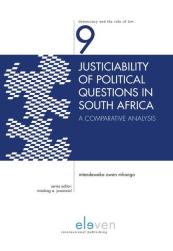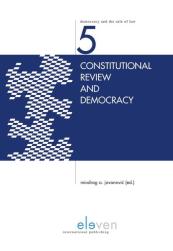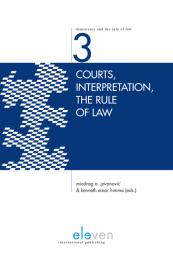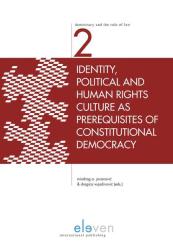
Democracy and the Rule of Law
Nowadays it is hard to come across more ‘promiscuously’ used concepts than democracy and the rule of law. With the emergence of the Arab Spring, scholars started to discuss whether we were witnessing a new and genuine wave of democratization. At the same time, well-established democracies around the world were faced with massive protests, the primary aim of which was to challenge the sustainability of the traditional institutions of representative democracy. Some noticeable trends in the democratic world have even prompted a number of authors to start talking about ‘transition from democracy’. No less controversial is the current status of the rule of law principle. On the one hand, it is increasingly becoming one of the guiding principles of the international legal community, as evidenced by the establishment of the special UN Rule of Law unit. On the other hand, the core of this doctrine is under continuous reassessment at a national level, primarily due to new security threats that modern states are faced with. The aim of our series is to scrutinize these new developments from all the relevant angles, ranging from legal and political philosophy and theory to more empirically oriented study researches. In doing so, the series aspires to develop a collection of volumes and treatises which will not only contribute to the existing debates in the field, but will be able to initiate some new ones that will be of use to both scholars and practitioners.
Series editor: Professor Miodrag Jovanovi.





